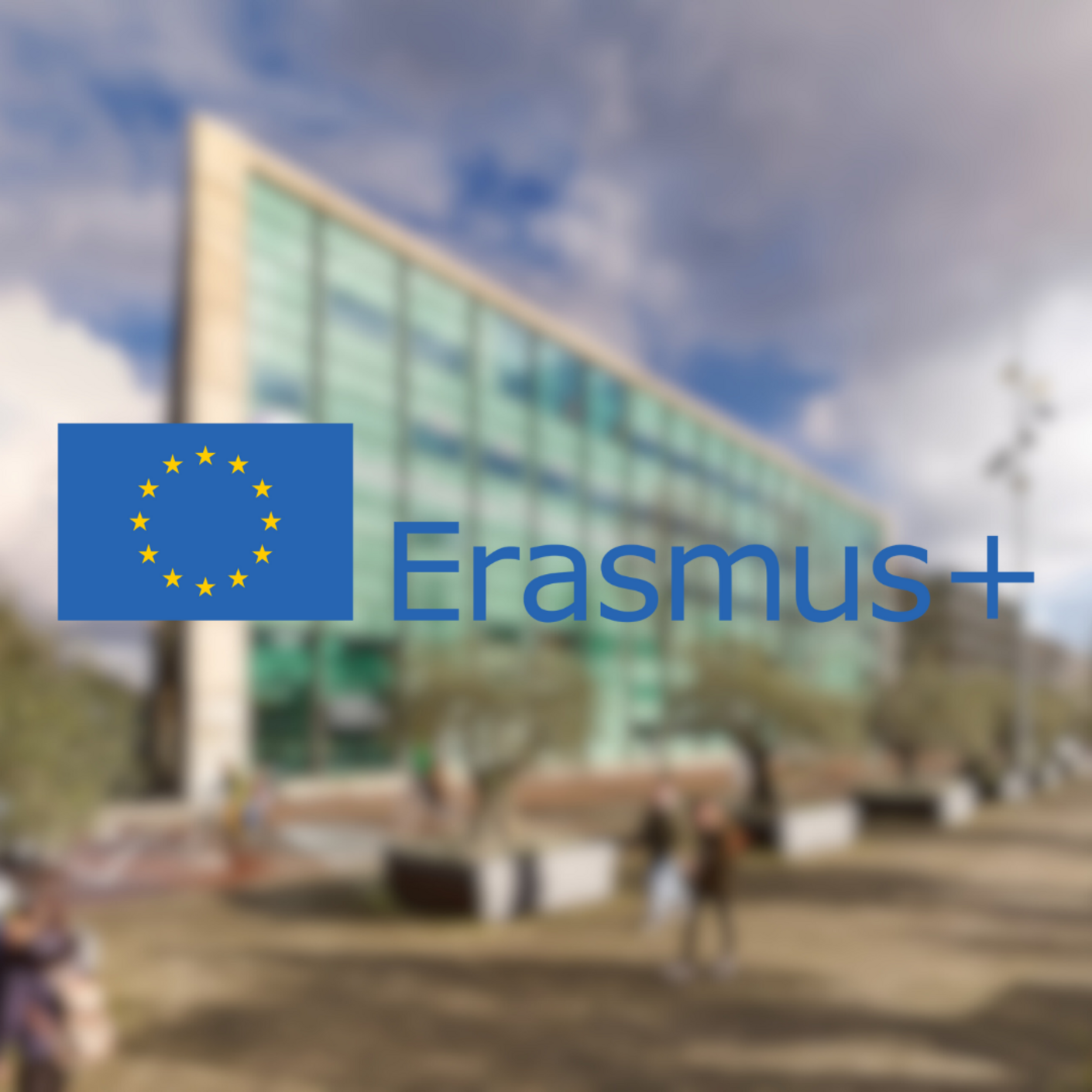The Erasmus+ project FILMED - Laboratory for film education. From discourse to practice, is an initiative of the Lectorate of the Film Academy together with the Łódź Film School in Poland and HDK Valand in Sweden.
In a nutshell
The three-year project - 2024-2027 - provides teachers from the three schools with time, space and support to develop new teaching methods for teaching film theory and film concepts. They do so during the year in a kind of laboratory setting within their own school, and also meet twice a year with the teachers from the other two schools to exchange ideas, insights and plans and to practice designed workshop formats. By the end of the three years, a range of new types of workshops will thus have been developed and made available to the entire field of film schools.
Background
In a world dominated by images and sounds where audio-visual production becomes a daily mode of learning, communication and exchange (social media, TikTok, memes, YouTube), as educators we should adapt to the changing competencies and needs of our students by recognizing the role of pictures, gestures, sounds, shapes, body movements, rhythms, or object manipulation in the process of knowledge production.
In the context of higher education, we have been relying primarily on linguistic methods of knowledge transfer, even if that knowledge stemmed from practice or was originally produced in another medium (video, sound, image) and could potentially be more readily demonstrated in its original context.
While this statement is also true for many academic disciplines, in film schools it rings even more true as our primary medium of study is qualitatively different from verbal language. Due to the disciplinary divide, stemming from the positivist ideas, which led to a lasting separation between practice and theory, our students are most often bound to learn the theory of their unique audiovisual medium in a mediated way from texts - abandoning the power of the direct presentation to the flat description on the page.
In principle, given the material conditions (equipment, facilities, staff), at film schools we are in a privileged position to engage in the applied process of audiovisual knowledge production, synthesizing the conceptual and theoretical knowledge with the principle of advancement of the craft, but we have no existing interdisciplinary pedagogical frameworks to follow. In the absence of pedagogical aids, models, and available support structures, the burden of this crucial innovation falls on singular teachers in their spare time.
Workshops teaching practice-based embodied theory cannot be conceived on paper alone but need to be developed with actual participants. As we see the medium of our practice as the source of a unique epistemology, we cannot simply tap into the rich pedagogical tradition of academia (rooted in verbal/linguistic paradigm) but need to develop modes of translating relevant knowledge (philosophical, theoretical, scientifical) into multimodal, interactive and embodied assignments in order to teach our students how to apply it in their own professional practice (making it more innovative, daring and reflexive).
This project creates conditions for change by providing teachers with the time, means, and consistent support of a diverse international peer group of fellow educators who will join their various expertise in order to work out lasting solutions for sustainable improvement of teaching methods. Our aim is to create better inclusive learning environments, and more innovative curricula to train students to be more competent, critical and responsible in their use of audiovisual media.
Partners
HDK-Valand – Academy of Art and Design at the University of Gothenburg, Swedenconducts education and practice-based research in Design, Film, Photography, Fine Art, Crafts and Literary Composition. In terms of film, HDK-Valand focuses on enquiry-led education and stimulates critical thinking through image-making practices. The programme does not follow the technically-driven divide between departments, based on vocational crafts, but instead focuses on film language and practice as tools of practice-based research. We keep developing pedagogical formats which correspond with the growing level of technical expertise of incoming students (developed from the ubiquitous use of new image-making technology and social media), coupled with the simultaneous lack of critical engagement with images as carriers of ideological, political and social stereotypes.
Łódź Film School in Łódź, Poland has 75 years of experience training filmmakers-practitioners in film directing, cinematography, editing and screenwriting. Traditionally focussed on classic narrative cinema and the filmmaker-author model, the Łódź Film School has in recent years subjected its tradition to critical reflection and is actively seeking new developmental paths for artistic film education that correspond to contemporary aesthetic, technological and ideological changes. In this regard, the Lodz Film School also brings determination and motivation to the project - working out answers to the questions posed by the project may significantly affect the school’s future.
Researchers
The researchers responsible for the Eramus+Project are Mieke Bernink and Stanislaw Liguzinski (Netherlands Film Academy)
Jyoti Mistry - a professor at HDK-Valand, works with film as a research tool and a mode of artistic practice. Author of critically acclaimed films in multiple genres and installation works. She received her PhD in Cinema Studies at New York University, and has taught, among many, at universities in South Africa, USA, Austria, Finland, Netherlands, Ghana, or Ethiopia. Recipient CILECT Teaching Award in recognition for innovation in pedagogy in film. She supervises PhD candidates at HDK-Valand and Wits School of Arts. She is the principal research investigator on a BRICS (Brazil, Russia, India, China, South Africa) cross-cultural research project.
Kuba Mikurda - filmmaker, film scholar, academic teacher, Head of the Institute of Art Studies and the Essay Film Studio at the Lodz Film School. He worked as a film critic, journalist and publisher. He published “Nie-całość. Žižek, Dollar, Zupančič” (2015), edited “Wunderkamera. The Cinema of Terry Gilliam” (2011) and “Boro, l’ile d’amour. The Films of Walerian Borowczyk” (2015). In 2018, he made his film debut – the feature-length documentary “Love Express. The Disappearance of Walerian Borowczyk”, followed by a documentary film about Andrzej Żuławski "Escape to the Silver Globe" (2021).
- Year
2024
- project by
